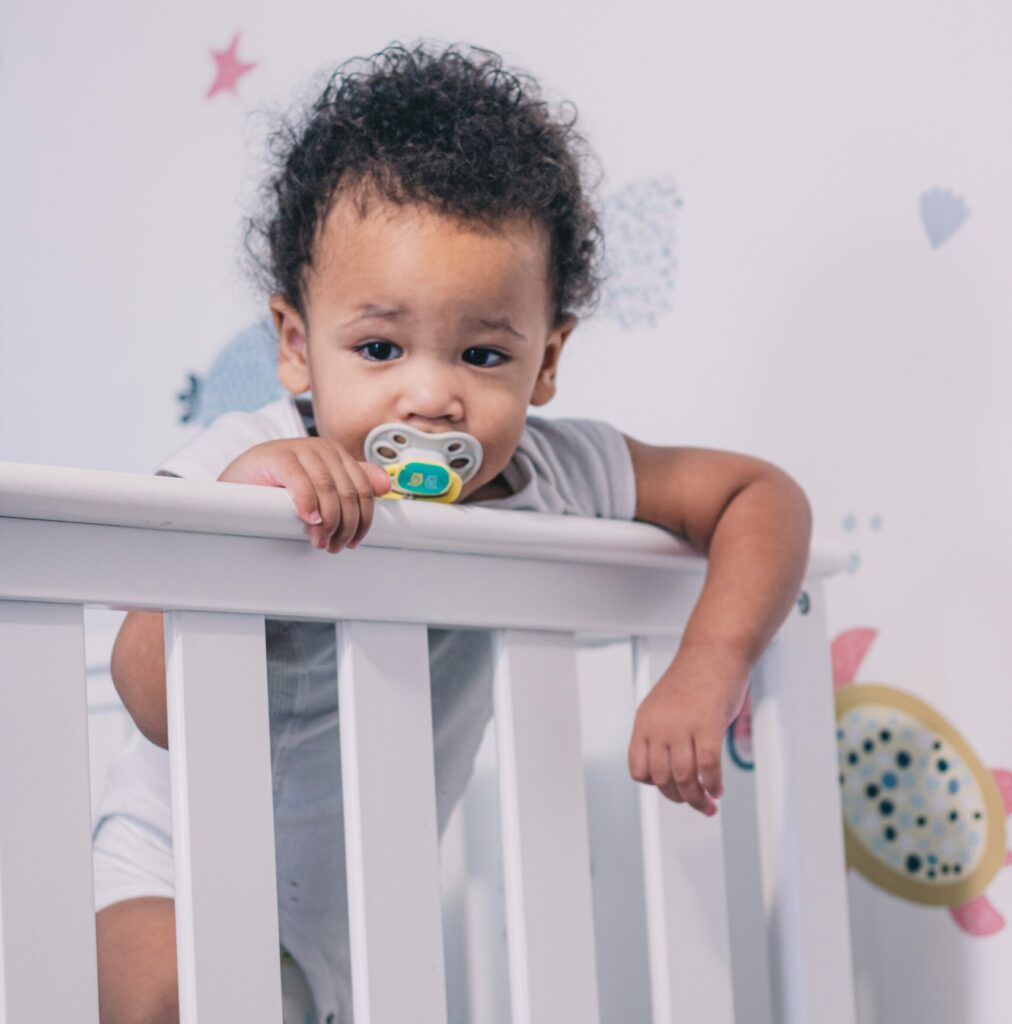
BLOG
Crib sleep is a fairly western construct, considering that the majority of the world practices some form of co-sleeping in place of solitary sleep. So if your baby really hates the crib, you’re not alone, and it’s not because you’ve done something wrong!
Let’s be honest: a crib is essentially a giant cage. While it may work for some babies, others may never take to it.
If this sounds like your baby, here are 5 things you need to know:
Does your baby hate their crib? Has it been causing you stress? If you’re in need of some judgement-free support, please feel free to reach out anytime!
